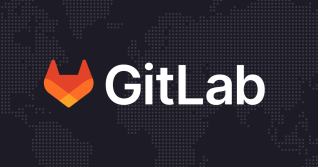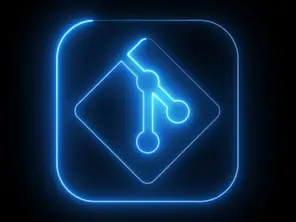At Drupal Europe in September, we were very pleased that project founder Dries Buytaert highlighted a visual prototype of our upcoming integration with GitLab in his keynote. This follows our announcement that we'd be moving to GitLab back in August.
This video outlines the migration phases that we discussed in the announcement of our partnership with GitLab. Our migration window for Phase 1 is targeted for the first weeks of January, and we hope Phase 2 to be completed shortly in the beginning of 2019.
So what has it taken to get this integration working between September and now?
Primarily, lots of collaboration with the GitLab team. We've worked with their excellent engineering staff to resolve a number of issues that affect our integration, including:
- git merge-base web API
- Add ability to confirm a user’s email address via "Add email for user" API
- Allow configuration of the display URL for clone instructions
- Ability to hide User's Email Address from GitLab UI
- Allow ability for developer role to delete tags
- Set GL_REPOSITORY in update hooks for API-initiated requests
- Deduplication of Git objects, reducing disk space of repository forks
On the Drupal.org side:
- We've built a
versioncontrol_gitlabmodule, which extends our use of theversioncontrol_gitmodule to orchestrate our integration. - We've also been cleaning up our data, to ensure there are no namespace conflicts between existing Drupal projects and users, and the reserved terms used by GitLab.
We're now in the midst of serious migration testing: testing and re-testing the process in our staging environment, putting load testing in place to stress test our integration, and doing user-validation testing to ensure that the workflows affected by this integration are working as expected.
All in all, we're thrilled with the progress, and very thankful for GitLab's close collaboration. We're excited to be moving the Drupal project to its next generation tooling soon. Once Phase 1 of our migration is complete, it'll be time for Phase 2 and our community will start seeing some tremendous improvements in efficiency and collaboration.
How can people get involved in Drupal?
The Drupal community has a comprehensive Getting Involved Guide that can help individuals find their place in the Drupal community. There are also meetups and conferences around the world that are a great way to start your Drupal journey. In particular, DrupalCon will be coming to Seattle from Apr. 8-12, 2019.
The Drupal project's motto has always been "Come for the code, stay for the community" and 17 years later, that's a sentiment we still believe in.
About the guest author
Tim Lehnen is the Executive Director at the Drupal Association.
This guest post was originally published on the Drupal blog.



